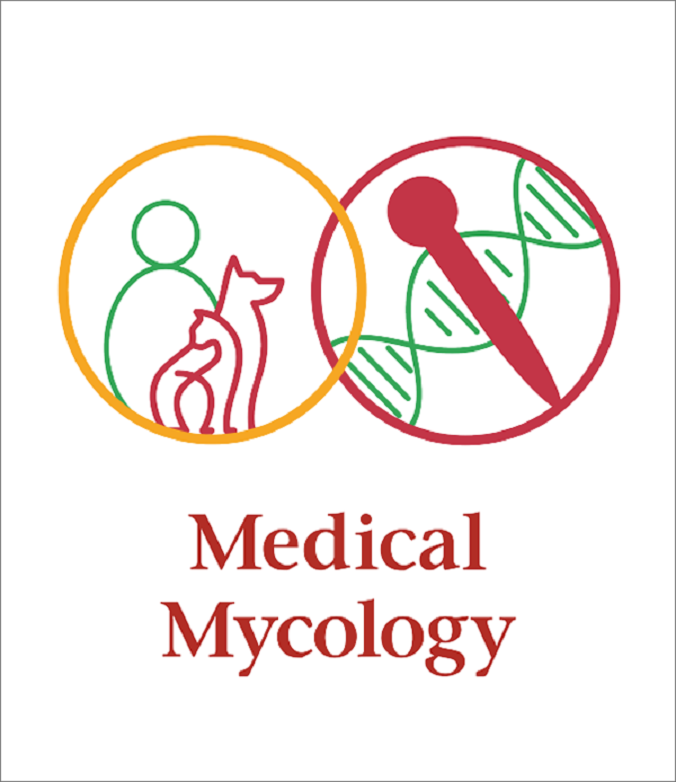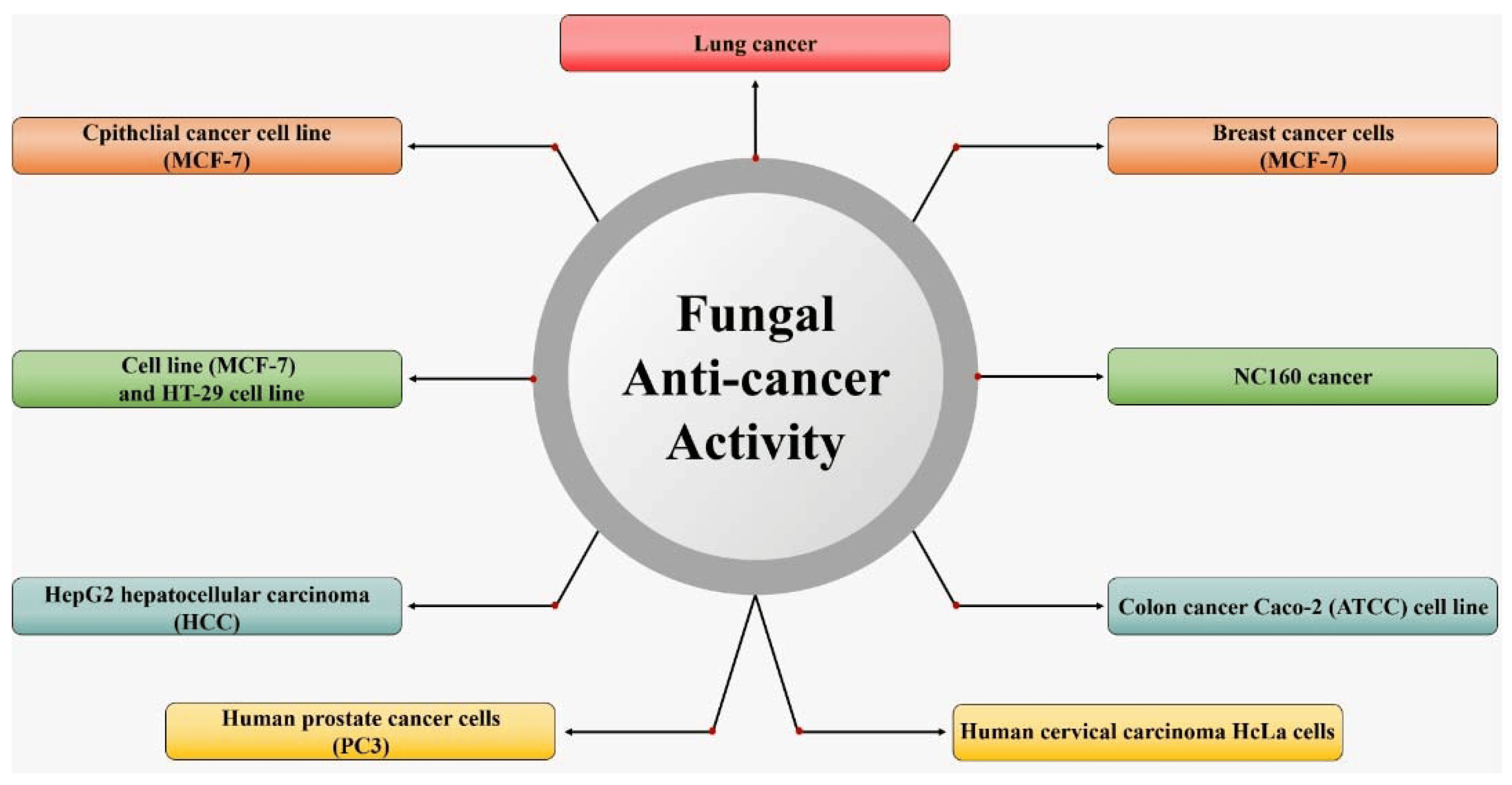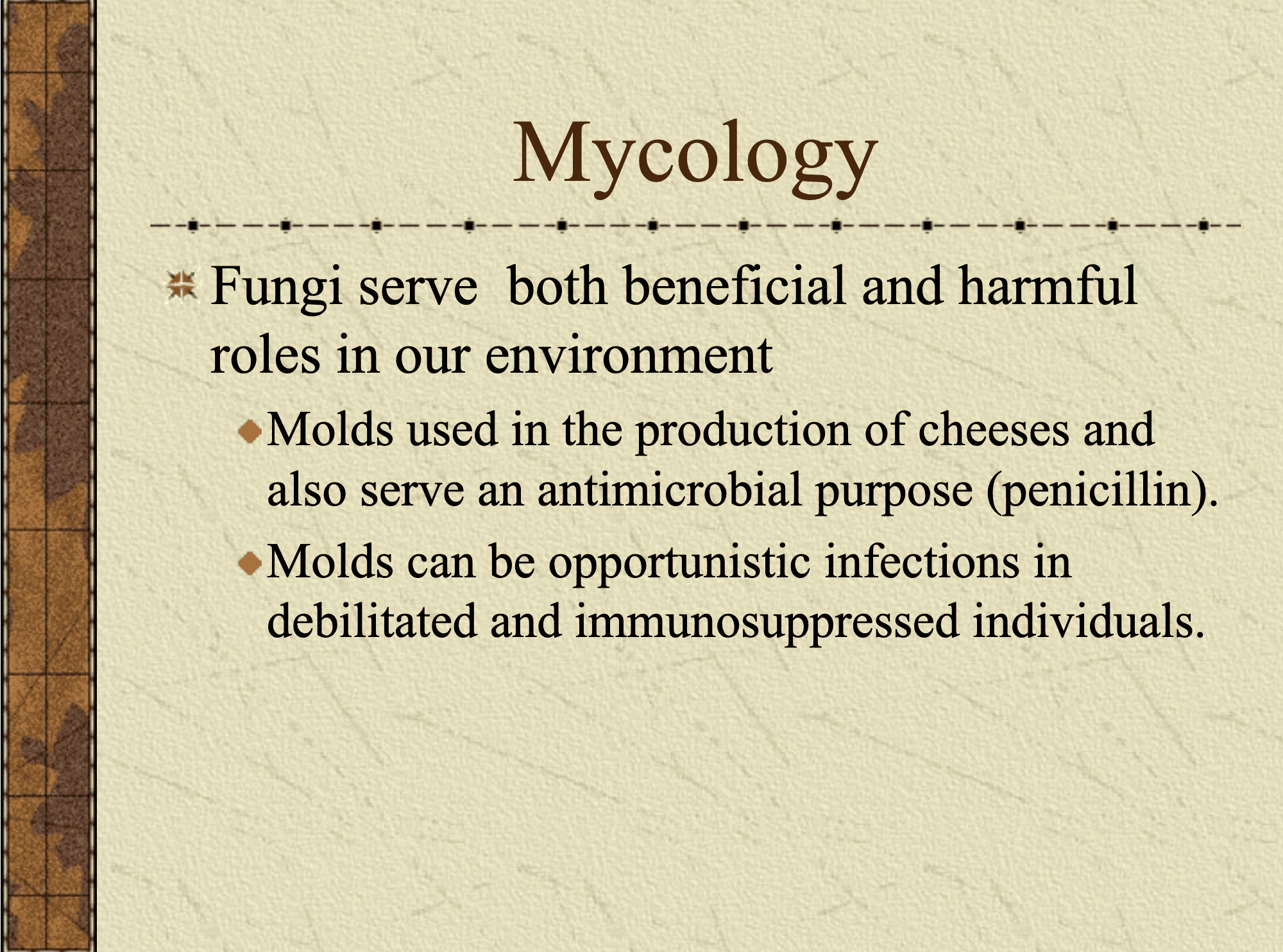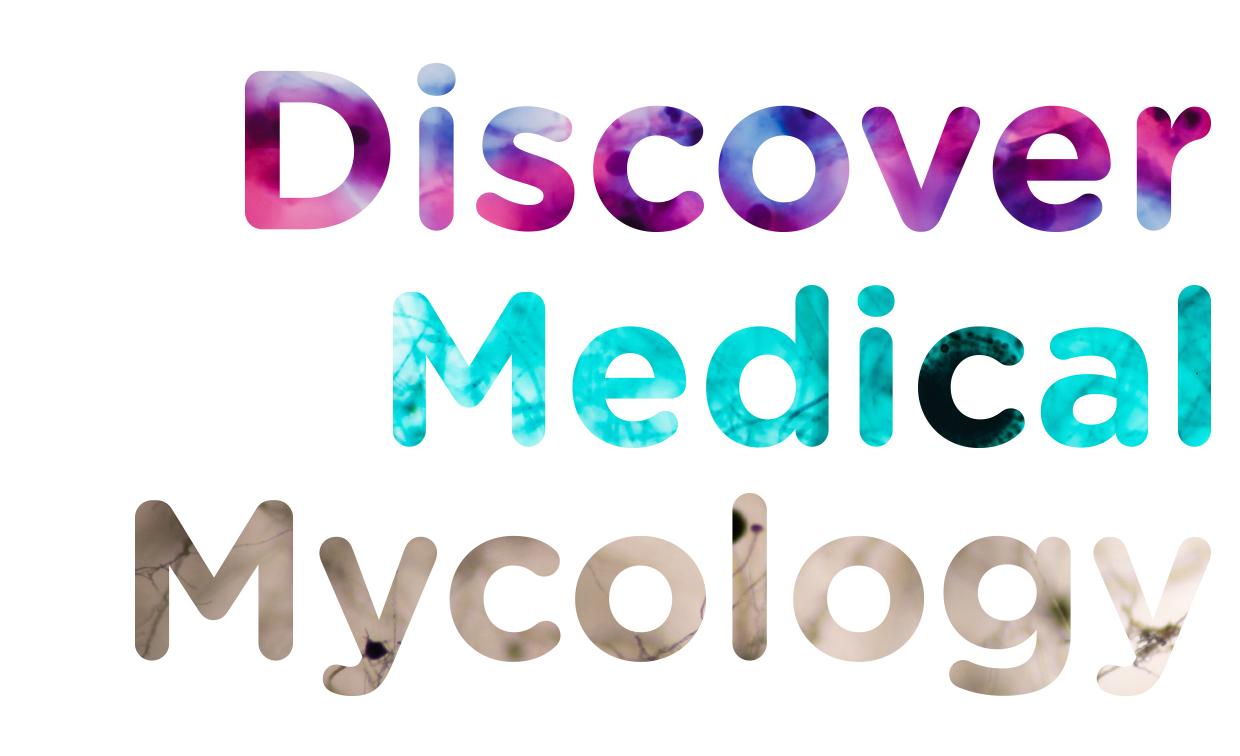Mycology



 Introduction:
Introduction:
Mycology, the study of fungi, is becoming an increasingly popular field of research in the pharmaceutical industry. Fungi are a vast and diverse group of organisms that possess a wide range of pharmacological properties that have shown promise for various therapeutic applications. In this article, we will explore the potential pharmaceutical benefits of mycology.
 Antimicrobial Properties:
Antimicrobial Properties:
Fungi produce compounds with potent antimicrobial properties that can inhibit the growth of bacteria, viruses, and fungi. This makes them an attractive source for natural antimicrobial agents for treating various infections, including bacterial infections, viral infections, and fungal infections.
 Anti-Cancer Properties:
Anti-Cancer Properties:
Several compounds produced by fungi are known for their potent anti-cancer properties. One example is taxol, which is derived from the bark of the Pacific yew tree. Fungi have been found to produce taxol-like compounds that have demonstrated significant anti-cancer activity and could have broad applications in the treatment of cancer.
 Immune Modulation Properties:
Immune Modulation Properties:
Fungal compounds have shown promise for their ability to modulate the immune system, which is important in the treatment of autoimmune diseases and transplant rejection. Fungi are also being studied for their potential in developing new vaccines for infectious diseases.
 Neuroprotective Properties:
Neuroprotective Properties:
Some fungal compounds have shown neuroprotective properties, which could be useful in treating neurodegenerative disorders such as Alzheimer’s disease, Parkinson’s disease, and Huntington’s disease.
Conclusion:
The pharmaceutical benefits of mycology are vast, and research in this field continues to expand. Fungi are a source of pharmacologically active compounds and can potentially be used in the development of new therapeutic agents across a wide range of diseases. As research in this field progresses, it is likely that we will see more fungal-derived pharmaceutical products becoming available on the market.
